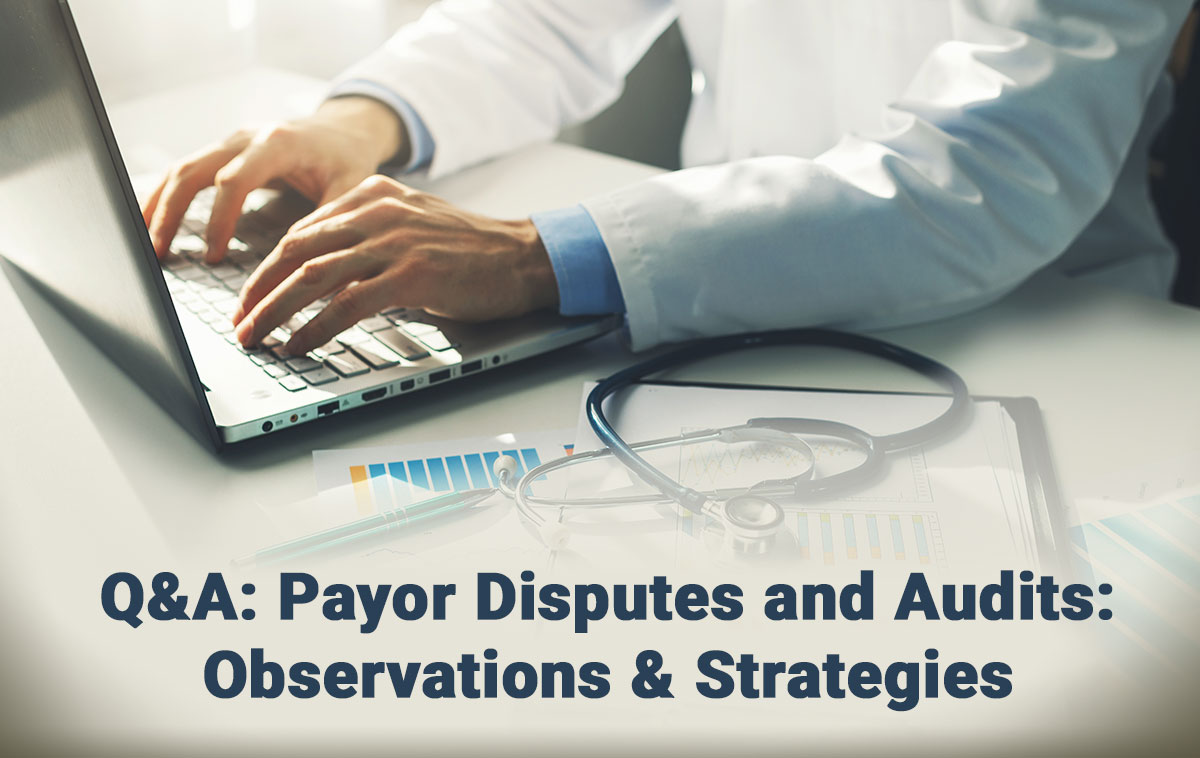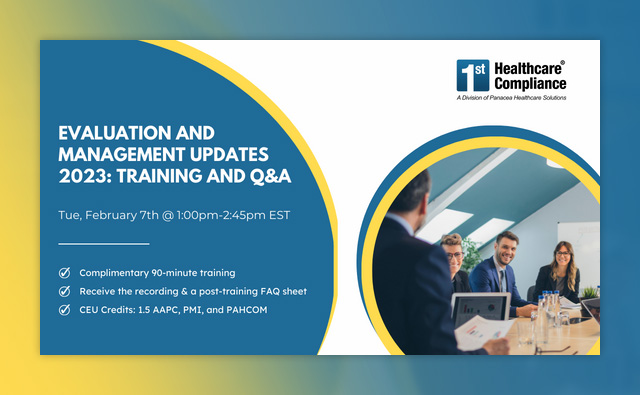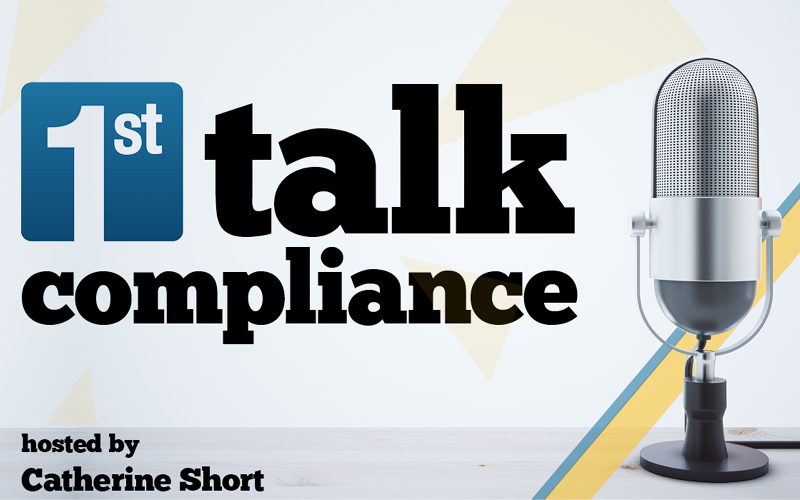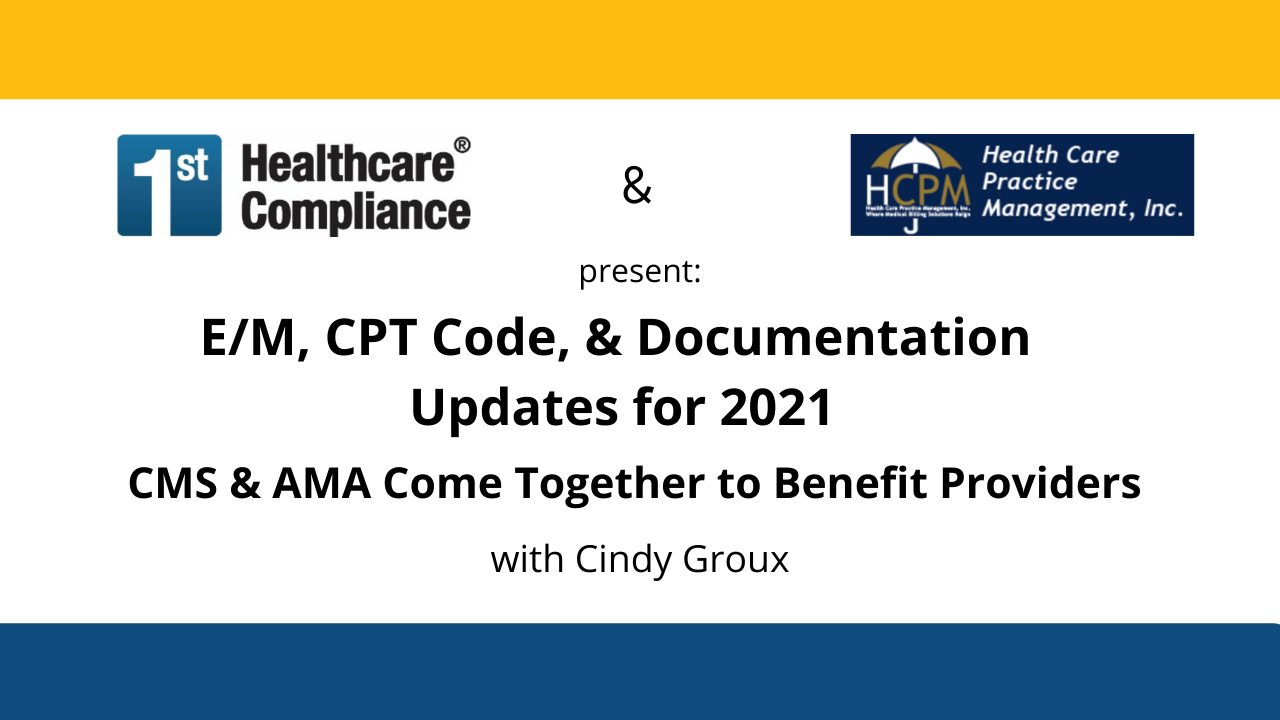Q&A: Payor Disputes and Audits: Observations & Strategies

Courtney Tito, Esq., Member of McDonald Hopkins, LLC presented the webinar “Payor Disputes and Audits: Observations & Strategies” recently and a recording can now be found on our YouTube Channel. Courtney returned to answer many commonly asked questions on our blog.
Can you provide a brief overview of the Medicare appeals process for overpayment demands?
There are five levels of appeal in the Medicare Appeals process after the Overpayment Demand is received: 1) Request for Redetermination: a provider can prevent recoupment if this is filed within 30 days; however, a provider has a total of 120 days to file this appeal; 2) Request for Reconsideration: a provider can continue to prevent recoupment if this is filed within 60 days; however, a provider has a total of 180 days to file; 3) Request for ALJ Hearing: there are major delays in this level and as of as of 3rd quarter 2019 it is taking nearly 4 years to get on a docket when the hearing is statutorily mandated to occur within 30 days; 4) Medicare Appeals Council; and 5) Federal District Court. The entire process can take years to complete and recoupment will begin once a Reconsideration decision is issued, if not sooner. This can prove to be very difficult for many providers.
How is the overpayment appeal process for overpayments from commercial payors different than the Medicare appeal process?
For commercial payors, the process is determined by the individual payor. It is also dependent upon the contract specifications as well as any incorporated manuals or administrative guidance. However, unlike the process with Medicare, commercial payor overpayment demands are usually settled through standard settlement negotiations and the entire process can be completed in months rather than years.
What do you think is the most important part of the appeals process?
Without question the medical records request. This is typically a request from the payor (federal or commercial) that comes several months prior to any overpayment demand is received. The records requests usually asks for 40 -60 records from a certain time period and many providers simply turn over what is convenient to pull from their records. However, this is not enough because it is from the payor’s review of these records and the payor’s determination of how many of those related claims should have been allowed or denied that the payor will make its determination of what overpayment is due. That is why a thorough and complete response to all medical records request is vital.
Overpayment demands are often extrapolated amounts. This means that the payor will extrapolate a denial rate calculated from the review of records and extrapolate that rate over the entire related date of service range. So, for example a simple $9,000 -$10,000 actual overpayment can quickly be extrapolated to a 6 or 7 figure overpayment demand. Accordingly, we recommend that all providers have a policy in place for how to deal with medical record requests to ensure that they are thoroughly and efficiently responded to and that there is a person responsible for ensuring the policy is followed.
I’ve heard about the 60 day rule or the reverse false claims act – can you provide us with some general information about that?
Everyone in healthcare should know that statutorily they cannot keep Medicare money to which they are not entitled. However, the process by which a provider determines if it has these funds or how to return them was not discussed in the relevant statutes. In 2016, CMS issued a final rule for Medicare Parts A & B providing the framework for how that money must be found and returned to CMS. The most important thing to understand is that these regulations create an affirmative obligation for providers to investigate credible information of an overpayment and report and refund that money within 60 days or the provider can be subject to false claims liability. Some other key takeaways from the regulations include the following:
- There is a 6 year lookback
- The provider has 60 days from when an overpayment is identified to report and refund the overpayment.
- The provider has up to 6 months to do an investigation into credible information an overpayment
- the commentary to the regulation specifically states that even a SINGLE OVERPAID CLAIM triggers the obligation to investigate.
It is possible to take the facts surrounding the credible information of a potential overpayment to craft a scope of the required internal investigation as narrowly as possible, so please seek out legal counsel as soon as possible in the process.
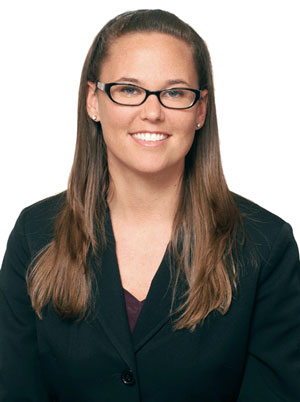 Ms. Tito is a Member of McDonald Hopkins, LLC and practices in its Health Law group in the West Palm Beach office. Ms. Tito counsels and represents clients in the health law industry, including, federal and private payor audits and disputes, reimbursement, contract, corporate, enrollment revocations, payment suspensions, internal investigations, compliance and regulatory, and in responding to federal subpoenas and civil investigative demands. She advises clients in both federal and state matters. She has counseled clients on regulatory, licensing, compliance, reimbursement, corporate, CLIA standards, state and federal fraud and abuse rules and regulations and telehealth matters. She has also advised clients regarding direct to consumer issues.
Ms. Tito is a Member of McDonald Hopkins, LLC and practices in its Health Law group in the West Palm Beach office. Ms. Tito counsels and represents clients in the health law industry, including, federal and private payor audits and disputes, reimbursement, contract, corporate, enrollment revocations, payment suspensions, internal investigations, compliance and regulatory, and in responding to federal subpoenas and civil investigative demands. She advises clients in both federal and state matters. She has counseled clients on regulatory, licensing, compliance, reimbursement, corporate, CLIA standards, state and federal fraud and abuse rules and regulations and telehealth matters. She has also advised clients regarding direct to consumer issues.
Be sure to look up a recording of this webinar on YouTube and be on the lookout for Courtney on our radio program 1st Talk Compliance later this year. Take a look at our brand-new book: HIPAA Privacy and Security, our blog article CMS Updates Compliance Program Training Requirements for FDRs our online compliance training courses such as The UPIC is Coming: CMS Auditors 2.0, and MACRA – Medicare Access & Chip Reauthorization Act of 2015.

